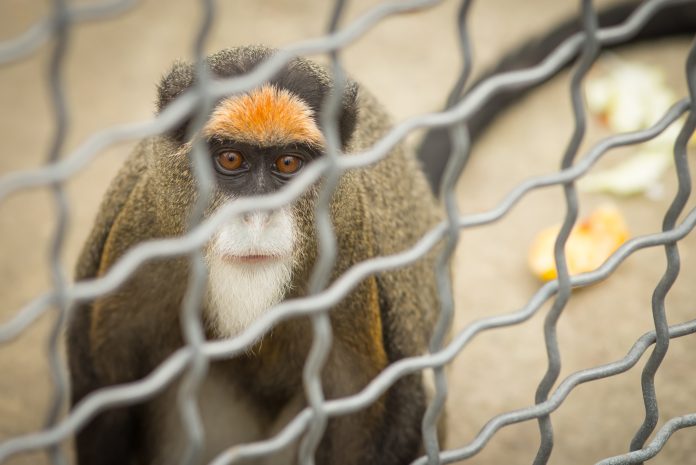Reducing the risk of future pandemics takes investment, biodiversity action, and fostering better human-wildlife relationships to prevent the spread of zoonotic viruses
Reducing the risks of future pandemics through measures like investment and stopping the spread of potential viruses through better wildlife practices would be far beneficial than waiting for the next pandemic and trying to control it.
Over 21 institutions, including researchers like epidemiologists, economists, ecologists, and biologists state that by investing as little as 1/20th of the financial losses suffered so far from COVID into conservation measures, to lessen the spread of zoonotic viruses from wildlife to humans in the first place, would be ideal in future pandemic prevention.
The researchers proposed measures also include funding programs to train more veterinarians, create a global database of virus genomics, and end tropical deforestation and wildlife trafficking.
Overall, preventing a pandemic is far more ideal than trying to control one – as seen with the aftermath and serious money spent trying to sequester the COVID-19 pandemic.
It’s either paying for ending virus risks now, or paying far more later
Published in the journal Science Advances, it is highlighted that a great place to begin lies in investing in programs to end tropical deforestation and international wildlife trafficking.
Ending the large wild meat trade globally, particularly in China, and improving disease surveillance and control in wild and domestic animals worldwide would limit our current contact with possible viruses.
Having originated in wild animals before spreading to humans, viruses like COVID, SARS, HIV, Ebola and many others have emerged in the last century and affected humans greatly.
The wildlife trafficking – markets where wild animals, dead or alive, are sold – as well as the clearing of over 25% of trees and tropical forest edges for farming or other purposes, have become main factors for these animal-to-human virus transmissions.
Stuart Pimm, Doris Duke Professor of Conservation Ecology at Duke University, who was co-lead author of the study, said: “It turns out prevention really is the best medicine.
“We estimate we could greatly reduce the likelihood of another pandemic by investing as little as 1/20th of the losses incurred so far from COVID into conservation measures designed to help stop the spread of these viruses from wildlife to humans in the first place.
“The bottom line is, if we don’t stop destroying the environment and selling wild species as pets, meat or medicine, these diseases are just going to keep coming. And as this current pandemic shows, controlling them is inordinately costly and difficult.
“It’s been two years since COVID emerged and the cure still isn’t working. Not enough people are vaccinated in the U.S, where shots are available and we can afford them, and not enough vaccines are going to other countries that can’t afford them.”
Prevention strategies are far easier and cheaper than trying to control and recover from pandemics
It was calculated that by investing an amount equal to just 5% of the estimated annual economic losses associated with human deaths from COVID into environmental protection and early-stage disease surveillance, the risks of future zoonotic pandemics could be reduced by as much as half.
This amount could potentially save around 1.6 million lives a year, reducing mortality costs by around $10 trillion annually.
Other main recommendations by researchers are to use some of this money to train more veterinarians and wildlife disease biologists, as well as creating a global database of virus genomics which could indicated source of newly emerging pathogens early enough to lessen the spread – and potentially speed up the vaccination process, if necessary.
Pimm said: “We’re talking about an investment of tens of billions of dollars a year. Government have that kind of money.”
Andrew Dobson of Princeton University, added: “Epidemics are occurring more frequently, they are getting larger, and spreading to more continents.”
Bernstein further said: “Prevention is much cheaper than cures. Preventing epidemics before they break out is the ultimate economic bargain.”











